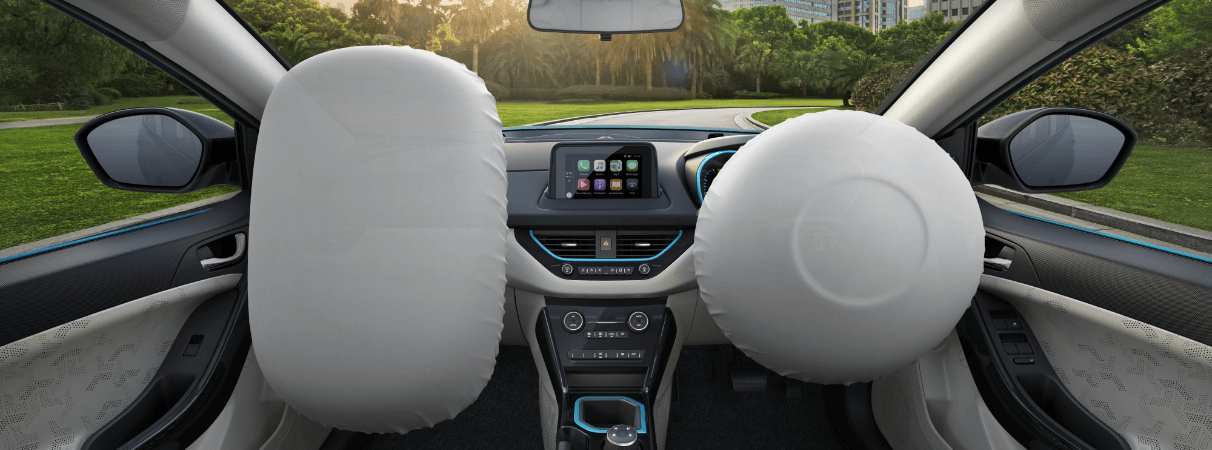Bhubaneswar: Last time we touched on this topic was when the Tata Nexon electric vehicle (EV) was launched.
Now, let’s find out if the increase in fuel prices makes electric cars a worthier replacement. Apart from Tata Nexon EV, the other electric cars available here are MG ZS EV and Hyundai Kona.
For comparison purposes, however, we will consider the Tata Nexon EV as it is the most affordable long-range EV available here.
The price difference between the electric model and petrol & diesel automatic variants of the Tata Nexon is around Rs 4.7 lakh and Rs 3.2 lakh, respectively. The Nexon EV starts around Rs 15 lakh on-road in Bhubaneswar.
The running cost of the Nexon EV is still the same, that is, around Rs 1 per km here.
With petrol priced at Rs 90.25 a litre, the running cost per km is approximately Rs 6 considering a fuel efficiency of 15 kmpl in the petrol version. That of diesel is around Rs 5 per km (Diesel fuel efficiency of Nexon considered as 17.5 kmpl). These numbers do not include the maintenance cost which will be an additional Rs 0.5 per km approximately. Do note that these costs do not apply to electric vehicles as they have fewer parts that need replacement such as no engine oil, filters, etc.

So does it make sense for twin-cities commuters?
As you can see in the chart, the break-even comes around 70,000 km. Now, if you are a Cuttack-Bhubaneswar daily commuter, you are most likely spending around 60 km a day on the road which equates to around 20,000 km a year. Considering interests, the break-even would take around 4 years. If you drive more, you will save money sooner.
Electric cars have limited range. For example, the Tata Nexon EV has a range of around 200-250km depending on how it is driven. For twin-cities commuters, the numbers do make sense.
The battery has a warranty of 8-year/1.6 lakh km. Usually, lithium batteries degrade over the years, that is, give a lesser range. However, replacing the batteries will depend on use and will be an expensive affair.
Most twin-cities commuters will recharge at homes. Public charging points are being set up in the cities. Currently, Tata Motors, Morris Garages have fast chargers which can recharge the EV in less than an hour at select dealerships. Some malls such as Esplanade One also has charging points in its parking lot. In the future, there will be charging points everywhere, and these will be required for inter-city travelling.
Is Bhubaneswar-Puri doable?
Yes, with the current range, it is doable. However, range anxiety is an issue with EVs and might crop up should you decide to take the scenic Konark marine drive. One day, we can have fast charging points at Jagannath temple parking and Blue Flag beach parking – what say, Odisha Tourism?



